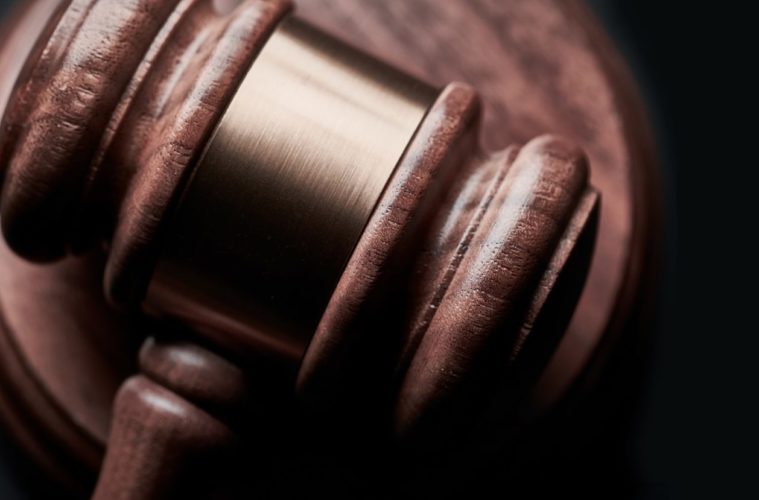On Thursday, March 4, the Superior Court of the County of Alameda issued an order preventing the Bureau of Cannabis Control from enforcing its earlier actions last month that shut down Harren’s Lab, a cannabis testing lab with a provisional license.
The lab took the BCC to court, feeling they received zero due process. So far, it seems the courts have agreed in what could end up setting a major precedent for the thousands of businesses currently operating with a provisional permit on the wall. In October of 2020, the International Cannabis Farmers’ Association estimated there are a total of 7,093 provisionals and 1,661 annual cannabis permits operating in California for a ratio of 81% provisional to 19% annual.
Harren’s is being represented by James Anthony, a longtime Oakland-based cannabis industry attorney currently serving on the California Cannabis Industry Association board of directors. After the hearing, Anthony noted in an email to supporters that his clients received no hearing or no appeal.
This is typically the case with provisional license holders but the judge ordered that the lab can re-open immediately.
“The court also ordered BCC to ‘show cause’ why a preliminary injunction should not issue against it, keeping the lab open during the lawsuit which will decide if the cannabis law that provisional licenses can be revoked with no due process is constitutional or not,” Anthony said.
So why is this case such a big deal? Because so few annual licenses – and the protections granted with them – have been issued. The case could set a precedent that provisional licensees do have some room to maneuver if the BCC attempts to shut them down.
According to Anthony, the lab’s position is provisional licensees that form the bulk of the multi-billion-dollar California cannabis industry have a constitutionally protected property interest in their licenses.
“And that therefore the government cannot shut them down without due process of law,” Anthony said. “That due process must include a detailed notice of alleged violations and an opportunity for an appeal hearing to be heard before an independent hearing officer (an administrative law judge) with the power to decide if the government is right or wrong after hearing testimony and allowing cross-examination of witnesses, etc.”
The BCC called for the courts to deny the injunction.
The state argued the provisional permits are issued without investigation and confer no right to hearing or appeal. The state went on to argue Harren’s had a heavy burden in seeking to reinstate their provisional license.
The BCC said although Harren’s claimed they are merely seeking a prohibitory injunction, “Petitioner’s request is actually for a mandatory injunction that would change the status quo and require the bureau to treat petitioners as though they were valid and active licensees, pending trial.”
The BCC argued that Harren’s didn’t even qualify for a preliminary one injunction. They argued first that the lab hadn’t proven they were likely to suffer greater injury than the public and money can’t outweigh potential grave harm to the public. Second, they didn’t think the lab had shown a likelihood of success based on the merits.
The BCC also called on the courts to make the lab post a bond sufficient to cover any injury to the public or damage to the bureau caused by a wrongly issued injunction.
“The potential harm is potentially significant,” the state said. “While it is hard to predict all the potential adverse consequences of a preliminary injunction and ensuing damages, plainly a substantial bond, to secure many millions of dollars at risk, is warranted here.”
The charges for which the lab was originally closed included an inability to take representative samples from the harvests, an inability to satisfy chain of custody requirements, failing to generate shipping manifests prior to transporting goods, not attaching METRC tags, changing up the lab without approval, and failing to maintain a video surveillance system.
We asked the BCC if the results of yesterday’s hearing had any immediate impact on the way they deal with provisional licensees, they had no comment. There are still multiple rounds of litigation to play out before the BCC would be forced to create some kind of disciplinary mechanism for provisional licenses.
Advertising disclosure: We may receive compensation for some of the links in our stories. Thank you for supporting LA Weekly and our advertisers.

